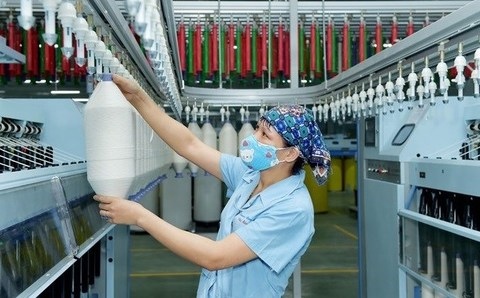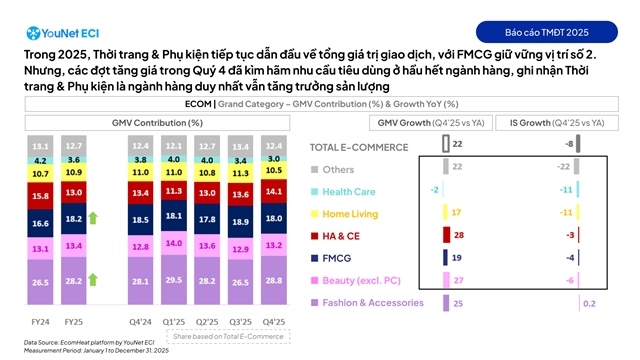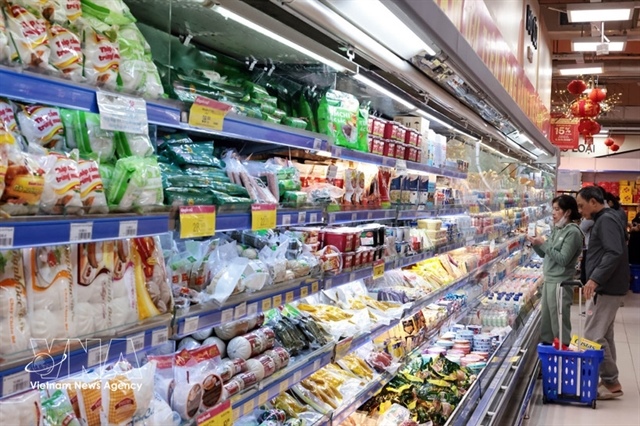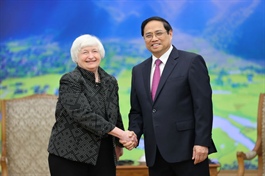ADB lowers growth forecast for Việt Nam to 5.8 per cent this year
ADB lowers growth forecast for Việt Nam to 5.8 per cent this year
The Asian Development Bank (ADB) has revised its GDP growth forecast for Việt Nam down to 5.8 per cent for 2023 and 6.5 per cent for 2024, from 6.5 per cent and 6.8 per cent in April, respectively, according to the Asian Development Outlook (ADO) released this week.

The ADB has revised its GDP growth forecast for Việt Nam down to 5.8 per cent for 2023 and 6.5 per cent for 2024, from 6.5 per cent and 6.8 per cent in April. — VNA/VNS Photo |
Weak external demand continued to put pressure on manufacturing and industrial production, while domestic conditions are expected to improve moving forward, according to the bank.
The country's inflation is forecast to slow to 4 per cent in 2023 and the next year.
Meanwhile, the Asia Pacific region is expected to maintain growth of 4.8 per cent this year, driven by domestic demand.
Inflation is expected to continue falling, approaching pre-pandemic levels as fuel and food prices decline, according to the ADO.
Inflation in developing Asia is forecast at 3.6 per cent this year, compared with an April forecast of 4.2 per cent.
The reopening of China is bolstering the region’s growth. However, demand for developing Asia’s exports of electronics and other manufactured goods is slowing, as monetary tightening drags on economic activity in major advanced economies. Thus, the region’s growth forecast for next year is revised down to 4.7 per cent from a 4.8 per cent estimate in April.
Asia and the Pacific continue to recover from the pandemic at a steady pace, according to ADB Chief Economist Albert Park.
Domestic demand and services activity are driving growth, while many economies are also benefiting from a strong recovery in tourism.
The ADB maintains its growth forecasts for most subregions in Asia and the Pacific with Southeast Asia, Caucasus and Central Asia exceptions.
Notably, growth in Southeast Asia is now expected at 4.6 per cent this year and 4.9 per cent next year, down from 4.7 per cent and 5 per cent previously, due mainly to weak global demand for processed and manufactured industrial products, according to the ADO.



























